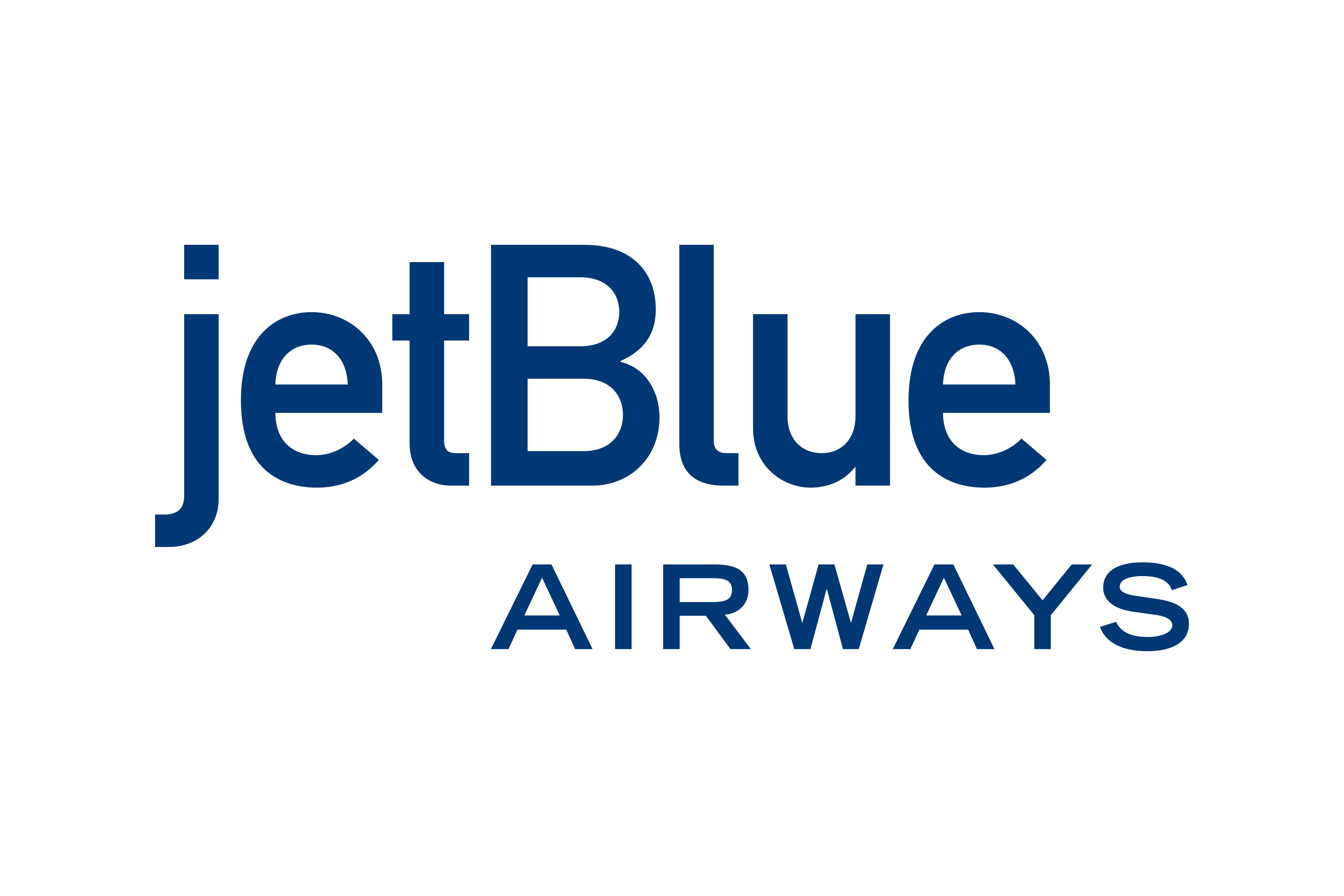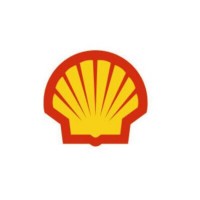
JetBlue and Shell Aviation Announce Agreement Bringing New Supply of SAF to LAX
Published by Todd Bush on March 14, 2023
New Purchase Agreement Demonstrates Supply Chain Investment in SAF by Shell Aviation, and Growing Demand for SAF
NEW YORK--(BUSINESS WIRE)--JetBlue (Nasdaq: JBLU) and Shell Aviation today announced a new collaboration bringing additional supply of sustainable aviation fuel (SAF) to Los Angeles International Airport (LAX), targeting commencement of delivery in the first half of 2023. Within the terms of the agreement, JetBlue is expected to take delivery of 10,000,000 gallons of blended SAF at LAX over the next two years and an option to purchase up to 5,000,000 gallons more in the third year, either at LAX or other airports in JetBlue’s network.
>> In Other News: IperionX and SLM Solutions Announce MOU
SAF is a type of renewable fuel that exists today that drops directly into existing aircraft and infrastructure with no impact to safety or performance. SAF can be produced from a wide array of renewable sources such as agricultural wastes and used cooking oils and can lower lifecycle greenhouse gas emissions by roughly 80% in its neat form when compared to traditional petroleum-based fuels.
“We’ve long said we need multiple key stakeholders to step up to reach our aggressive emissions reduction goals. This deal with Shell is a key signal of the growing engagement of the major fuel producers to begin converting conventional jet fuel to SAF,” said Robin Hayes, chief executive officer, JetBlue. “Shell’s involvement, with their expertise in energy markets and logistics, is a validation of the SAF market’s potential and highlights how critical the SAF transition of our hard-to-decarbonize industry is to establishing a more sustainable future of flight.”
Shell has announced its ambition to have 10% of its aviation jet fuel sales as SAF by 2030. To meet this goal, Shell is building supply chain capabilities to blend, handle and distribute SAF and enable more customers access to SAF, helping to accelerate the pace of decarbonizing the aviation sector.
“It’s terrific to be supporting JetBlue once again in its decarbonization efforts. Like Shell, JetBlue understands that SAF will be the key technology to help decarbonize flight,” commented Jan Toschka, President of Shell Aviation. “LAX is a critical North American airport hub and we’re delighted to be able to provide JetBlue and corporations on its Sustainable Travel Partners program access to SAF, allowing them to lower their emissions while jointly contributing to investments in SAF.”
Supporting and growing SAF availability is critical to reaching larger airline industry goals and JetBlue’s own goal to reach net zero by 2040, 10 years earlier than industry targets. This along with JetBlue’s other existing sustainability commitments will apply to the airline’s planned integration of Spirit Airlines into its operation. JetBlue will continue to do its part to encourage a diverse and competitive SAF market and encourage the build-up of available supply and the economies of scale needed for SAF prices to compete with traditional fuel sources.
“We envision a future of a robust, regular, and diversified supply of SAF delivered all around our network, incrementally replacing conventional fuels and driving down emissions in our operation. We’ve publicly committed to cutting our per-seat emissions in half by 2035, and a viable SAF market at scale is a key component to meet this goal,” said, Sara Bogdan, director sustainability and ESG, JetBlue. “Working with Shell will not only help grow the availability of SAF in the long-term, but also ensure this transition is sustainable from a business perspective, by building the connections and infrastructure to help keep the cost of SAF competitive with traditional fuel.”
JetBlue and Shell will also be working to offer corporate customers additional ways to simultaneously reduce emissions associated with their flying while helping ensure transparency and accountability. Through Avelia, one of the world’s first blockchain-powered digital SAF book-and-claim solutions for business travel, organizations will be able to directly address their corporate travel emissions with the purchase of JetBlue-issued SAF certificates. Developed by Shell and Accenture, with the support of the Energy Web Foundation (EWF), Avelia includes American Express Global Business Travel’s world-leading travel management services to aggregate global business demand for SAF, which will increase SAF supply and help accelerate the aviation industry’s pathway towards net zero emissions.
The additional SAF provided through Shell Aviation at LAX will increase the airline’s SAF supply at the airport, bringing SAF to approximately 15 percent of JetBlue’s total LAX jet fuel uptake. JetBlue also regularly flies on SAF out of San Francisco and in 2022 signed agreements with three additional SAF producers for future supply, continuing to look at future SAF partnerships with a particular interest in encouraging SAF in the Northeast.
While JetBlue’s successes with SAF in California are critical to the airline's goal to convert 10% of its total fuel to be SAF by 2030, the airline acknowledges the vast majority of SAF being delivered today is to California airports as a result of the state’s low-carbon fuel program. To expand SAF usage to other airports, additional federal and state level programs to encourage the voluntary use of lower carbon fuels through incentives will also likely be key in changing the economics for the SAF producers and the airline purchasers.
JetBlue’s Focus on the Environment
JetBlue depends on natural resources and a healthy environment to keep its business running smoothly. Not only do we all rely on those natural resources, but tourism also relies on having beautiful, natural and preserved destinations for customers to visit. The airline focuses on issues that have the potential to impact its business. Customers, crewmembers and community are key to JetBlue's sustainability strategy. Demand from these groups for responsible service is one of the motivations behind changes that help reduce the airline’s carbon output and overall environmental impact. For more on JetBlue’s sustainability initiatives, visit www.jetblue.com/sustainability.
About JetBlue
JetBlue is New York's Hometown Airline®, and a leading carrier in Boston, Fort Lauderdale-Hollywood, Los Angeles, Orlando and San Juan. JetBlue carries customers to more than 100 destinations throughout the United States, Latin America, Caribbean, Canada and United Kingdom. For more information and the best fares, visit jetblue.com.
Subscribe to the newsletter
Daily decarbonization data and news delivered to your inbox
Follow the money flow of climate, technology, and energy investments to uncover new opportunities and jobs.
Companies
Latest issues
-
$47M Just Poured Into This SAF Producer
Inside This Issue 💰 LanzaJet Announces $47M in New Capital and First Close of Equity Round at $650M Pre-Money Valuation 🚢 Maersk's Ethanol Bet Could Reshape U.S. Fuel Markets 🪨 Canada Nickel and t...
-
Kita's $29M Bet Signals Carbon Insurance Is Here
Inside This Issue 🛡️ Kita's $29M Bet Signals Carbon Insurance Is Here 🏗️ CCI BioEnergy Selects Arcadis As Design-Engineer Partner Under Master Service Agreement 🤝 Tapestry and Climeworks Announce ...
-
Cummins Quit Electrolyzers. Electric Hydrogen Didn't.
Inside This Issue ⚡ Cummins Quit Electrolyzers. Electric Hydrogen Didn't. 🧪 New Electrified Method Captures Carbon Dioxide From Air 🌾 Iowa Could Be on the Cusp of a Hydrogen Rush; Lawmakers Weigh ...
Company Announcements
-
HOUSTON and OXFORD, England/PRNewswire/ -- Velocys today announced that it has implemented manufacturing and delivery efficiencies that reduce total investment cost for its microFTL™ technology by ...
-
Agreement signals ongoing growth of Sustainable Aviation Fuel market GREAT FALLS, Mont. and BOSTON, Feb. 19, 2026 /PRNewswire/ -- Montana Renewables, LLC (MRL) and World Energy Clean Fuels LLC (Wo...
-
BASF Launches Circalo: Low Carbon Intensity Crops To Help Ethanol Producers Capture Value Under 45Z
RESEARCH TRIANGLE PARK, NC, February 19, 2026 – BASF has introduced Circalo™: Low Carbon Intensity Crops, a comprehensive, unified platform designed to connect farmers, agronomists and ethanol prod...
-
International Airlines Group (IAG), Shell, Groupe ADP, LanzaTech, and Mitsui make additional investments to support LanzaJet's growth and commercial deployment of its proprietary Alcohol-to-Jet (AT...
